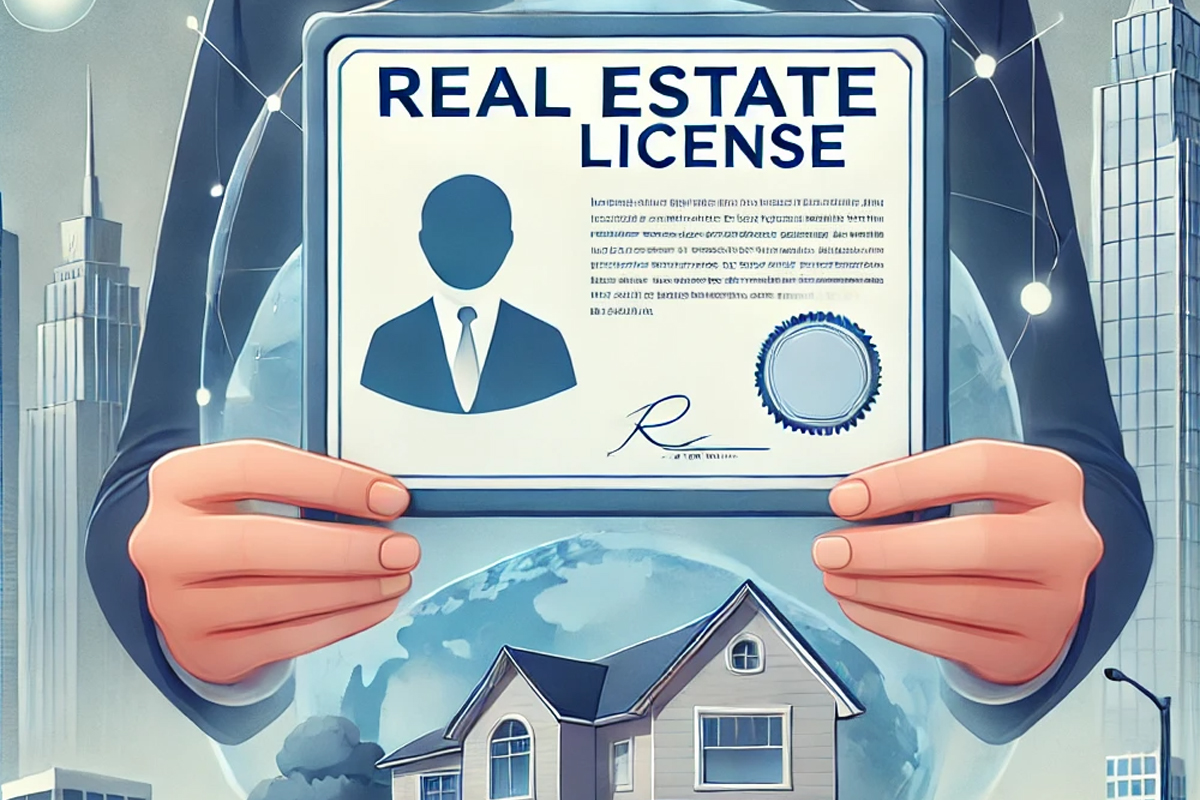
Even though the concept of a real estate license might seem straightforward, many might not appreciate its comprehensive role in a real estate professional's career. From ensuring legal compliance to fostering market integrity, this license is the cornerstone of professional real estate practice. It's not just a legal requirement, but a fundamental pillar of the real estate industry. In this article, I wanted to delve into the true essence of a real estate license, its necessity, and the benefits it brings to both professionals and their clients.
Types of Real Estate Licenses
For those venturing into the real estate industry, the choice often boils down to two primary licenses:
Real Estate Salesperson: Allows you to conduct transactions under the supervision of a licensed broker.
Real Estate Broker: This position empowers you to operate independently, manage a team of salespersons, and potentially own your own brokerage. It's a testament to your expertise and a stepping stone to a successful career in real estate. Keep in mind that requirements vary by state. For example, one state may require 60 hours of pre-licensing education, while another may require over 250. Always research the regulations specific to your area. This empowerment is a testament to your expertise and a stepping stone to a successful career in real estate.
Why Are Licenses Important?
Real estate licenses serve several critical purposes:
Market Trust: A licensed professional builds trust and credibility, drawing in clients who prioritize expertise and ethical standards. Your license represents more than a mere credential; it is a mark of reliability within the real estate community.

How to Obtain a Real Estate License
While the exact process varies by state, you’ll typically follow these steps:
Maintaining and Renewing Your License
Earning your license is just the start. To keep it active and in good standing, you’ll need to:
Uphold Ethical and Legal Standards: Always comply with state regulations and industry ethics. Operating with an expired or revoked license can lead to fines, legal action, or permanent disqualification, significantly impacting your career and reputation in the industry.
The Benefits of Having a Real Estate License
Holding a real estate license offers several advantages:
Certification: Additional certifications or designations, like working with first-time buyers or handling luxury properties, can demonstrate specializations. These certifications can enhance your credibility and marketability, showing potential clients you have specialized knowledge and experience in a particular real estate area.
Continuous Learning Needed: A license is the starting line, not the finish line. The industry evolves, and so must your knowledge and skills. Continuous learning is not just a requirement, it's a key to staying competitive in the real estate market. This emphasis on continuous learning is a reminder of the necessity of staying updated and competitive in the industry.
Next Steps
If you’re ready to begin your journey:
A real estate license is key to unlocking a dynamic, customer-focused career. With the proper preparation, dedication to learning, and commitment to advocating for your clients’ best interests, you’ll be well on your way to thriving in this rewarding industry.
Love,
Kartik
Real Estate Lead Generation: Master Networking & Referrals
The Ultimate Guide to Creating a Home Buying Checklist
Common Misconceptions About Cap Rates: Debunking the Myths

Founder, Adhi Schools
Kartik Subramaniam is the Founder and CEO of ADHI Real Estate Schools, a leader in real estate education throughout California. Holding a degree from Cal Poly University, Subramaniam brings a wealth of experience in real estate sales, property management, and investment transactions. He is the author of nine books on real estate and countless real estate articles. With a track record of successfully completing hundreds of real estate transactions, he has equipped countless professionals to thrive in the industry.